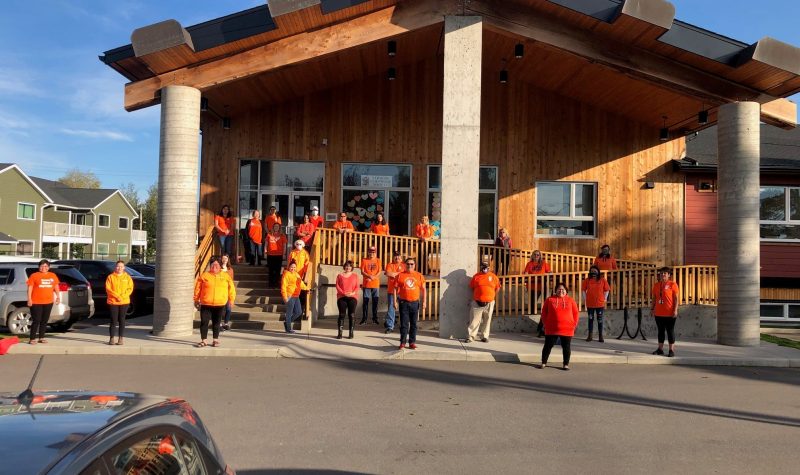In an historic policy change, the Province of British Columbia has created a comprehensive cross-government approach to supporting youth in, and from care. The BC Youth in Care Program used to end when youth turned 19, a dreaded time for young people in a provincial or federal support program.
Budget 2022 funds comprehensive supports for young people transitioning from government care to adulthood, including a new financial supplement, a no-limit earnings exemption, help with the cost of housing, improved access to transition workers, enhanced life skills and mental-health programs, and better medical benefits until age 27.
Since 2017, the Province has been making significant investments to improve supports for youth transitioning from care. In Budget 2022, the Province will invest nearly $35 million over three years, including increases of $4.6 million in 2022-23, $10 million in 2023-24 and $19.8 million in 2024-25.
- Approximately 1,100 youth transition to adulthood from government care each year, 46% of whom are Indigenous.
- Between Jan. 1, 2020, and May 31, 2021, emergency housing and the Agreements with Young Adults (AYA) program measures reached 625, or 59%, of the 1,068 AYA-eligible young adults who turned 19.
The new system will be developed and implemented during the next three years, beginning immediately with an ongoing extension to temporary housing supports to allow young people to continue to stay in their home past the age of 19 and until their 21st birthday.
When fully implemented, the new supports will be available to up to 10,000 eligible youth and young adults per year.
Lilian Bramley, the Youth Support Worker at the Kermode Friendship Society in Terrace, BC spoke with CICK News this week to discuss the changes with a northern lens.
Most of the youth that Lilian works with don’t have much trust in the government, or government programs. A large portion of her cases are with Indigenous youth who have — for a variety of reasons — distrust in governmental programs and promises from government that meaningful change is coming.
Lilian spoke to CICK News about the approach of the Kermode Friendship Society and why it needs to work this way in the north.
“A lot of other (provincially funded) clinical programs don’t have the same cultural approach, because they are clinical, so they focus on the medical. We (the Kermode Friendship Society) have a more holistic approach. A lot of the Indigenous youth that we work with are searching for their spiritual identity within their culture. We do ceremonial-style participation for the youth with feasts, language-learning, and drum-building. The culture, language and art are visceral experiences for these youth which, we believe, spark the healing process.”
Lilian is hopeful, and believes that these new governmental changes to the BC Youth in Care Program are positive, but wishes that a care program for youth would take a page out of the books of grassroots, trauma-informed organizations and therapies.
Listen to Pamela’s full interview with Lilian in the link below.


